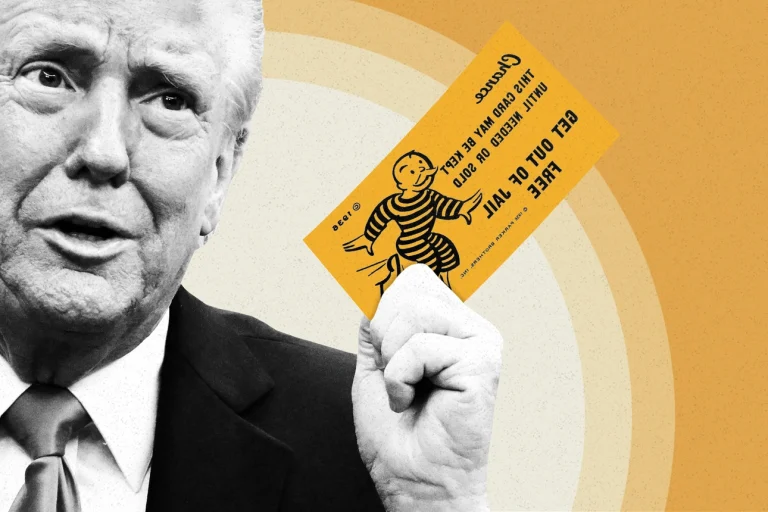
Trump Administration's Deferred Resignation Program for Federal Workers
President Donald Trump has introduced a unique opportunity for federal workers through a deferred resignation program. The Office of Personnel Management recently informed employees about this initiative, offering them the option to receive pay and benefits until later this year if they choose to part ways with the government by a specified deadline.
The Reform Agenda
Trump’s administration aims to reshape the federal workforce by focusing on four key pillars: a return to the office, fostering a performance-driven culture, streamlining the workforce, and enhancing standards across agencies.
The email communication, titled ‘Fork in the Road,’ instructs employees interested in resigning to reply with the word ‘Resign’ from their government email accounts. Those opting to stay with their current agency are cautioned that job security is not guaranteed, but assurances are given regarding dignified treatment in case of position elimination.
The deferred resignation program, in effect starting from a specified date, provides federal employees with the option to retain their pay and benefits while being exempt from in-person work requirements until a certain future date. Senator Tim Kaine, however, has raised concerns about the legality and implications of this offer, labeling it as a potential ploy to disadvantage workers in the long run.
Senator’s Response
Senator Tim Kaine (D-Va.) criticized the program, calling it a deceptive tactic that could harm federal workers. He emphasized the lack of budgetary provisions for paying employees who are not fulfilling their work duties.
As the deadline for this resignation opportunity approaches, the federal workforce faces a critical decision regarding their future within the government. The implications of this program and its impact on employee-employer relationships remain subjects of ongoing debate and scrutiny.















